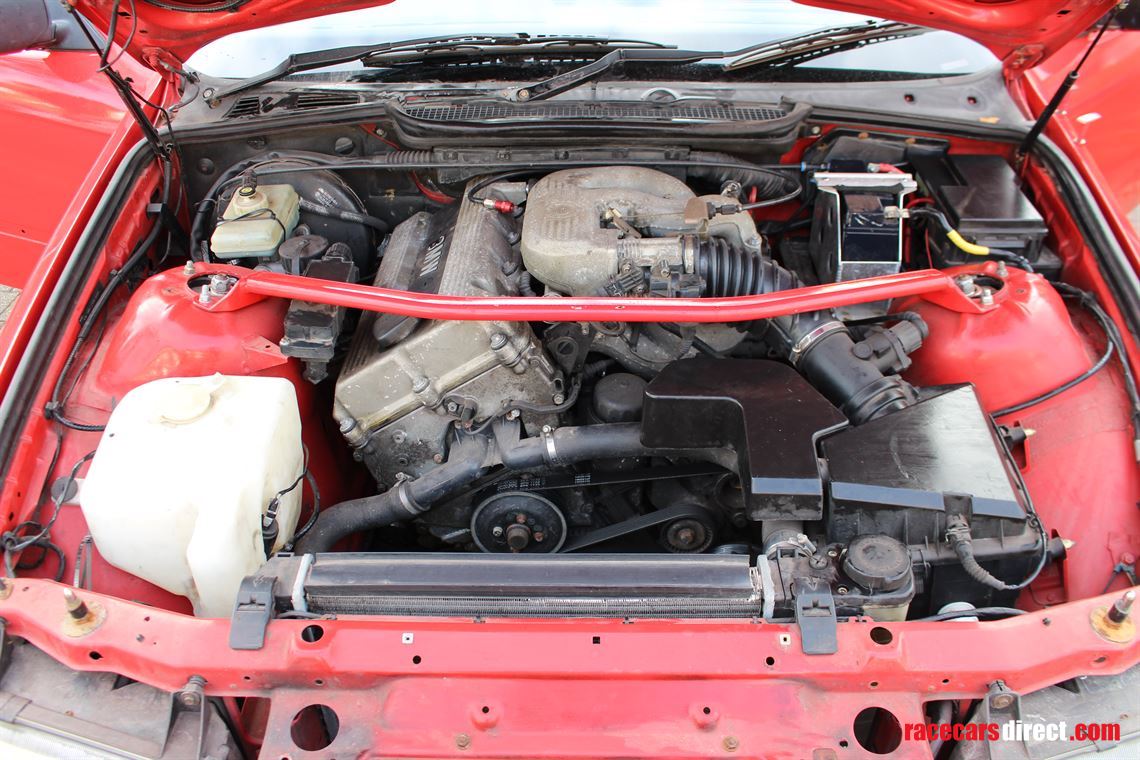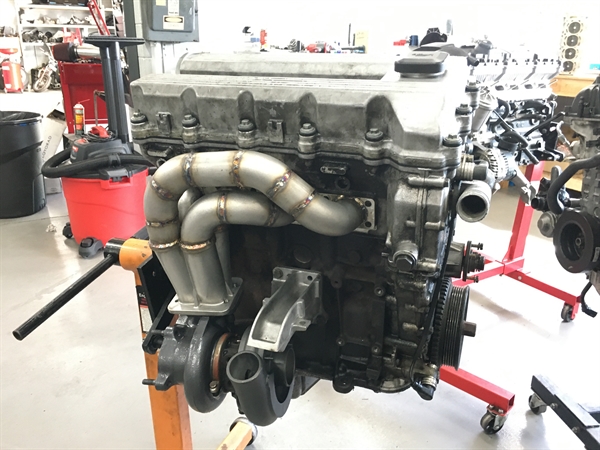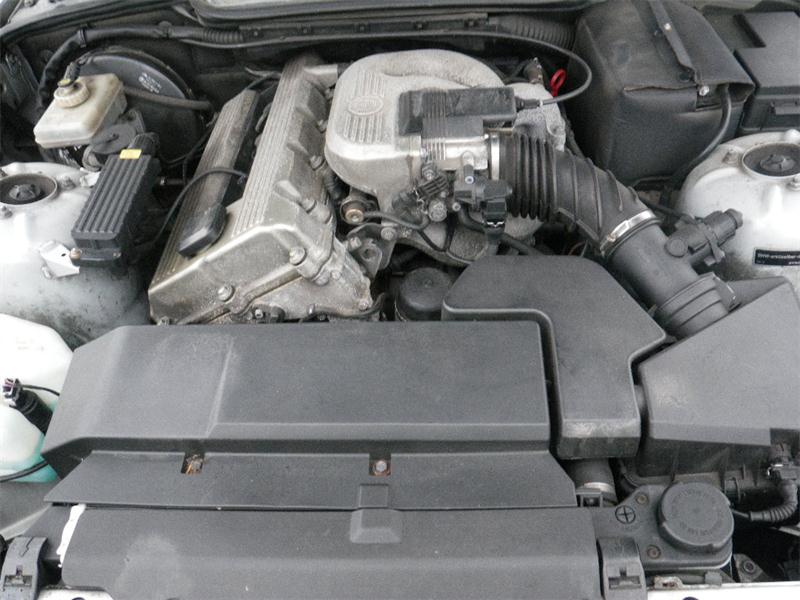Preserving Your BMW 318ti: Vital Tips for Long Life
Preserving Your BMW 318ti: Vital Tips for Long Life
Blog Article
Crucial Considerations for Choosing the most effective Engine for Your Needs
In the world of selecting the ideal engine to satisfy your demands, numerous crucial variables demand precise factor to consider to make certain optimal performance and performance. From the nuanced equilibrium in between power and performance to the often-overlooked elements of upkeep and service needs, each facet plays a critical role in identifying the most appropriate engine for your certain requirements.
Power and Efficiency
When reviewing engines for optimum efficiency, it is crucial to prioritize both power output and performance. Power result gauges the capacity of an engine to produce energy, which directly impacts its performance. A high power output is essential for requiring jobs such as sturdy applications or high-speed needs. It makes certain that the engine can take care of the work properly and successfully. Nevertheless, power alone is not adequate; effectiveness plays a considerable role in determining the total efficiency of an engine. Performance refers to just how well the engine converts fuel into useful energy. A much more effective engine will certainly provide better gas mileage, lower emissions, and lowered operating expenses. Striking the right equilibrium between power result and effectiveness is key to picking an engine that fulfills your particular needs. It is necessary to take into consideration elements such as the planned use of the engine, ecological impact, and lasting price ramifications when making this choice. By carefully examining both power and performance, you can select an engine that supplies optimal performance and satisfies your needs efficiently.
Gas Efficiency and Economic Climate
In the realm of engine option, the factor to consider of fuel performance and economic situation holds vital relevance. Fuel efficiency describes the engine's capability to transform gas right into energy with marginal waste, straight affecting operating costs and environmental sustainability. bmw 318ti. When choosing an engine, reviewing its fuel economic climate is vital to establish long-lasting financial savings and ecological influence. Engines with greater fuel performance not only lower fuel expenses yet likewise lower carbon emissions, adding to a greener procedure.

Compatibility and Application
Considering the fuel effectiveness and economy of an engine, the next vital aspect to address is its compatibility and application within specific functional contexts. Compatibility refers to just how well the engine incorporates with the overall system or tools it powers.
Different engines are developed for particular purposes, whether it be industrial machinery, marine vessels, automobiles, or power generators. Understanding the desired application permits for the option of an engine that can supply the necessary power outcome, torque, and operational qualities.
Maintenance and Solution Needs
Maintenance and solution requirements play a vital role in guaranteeing the long life and optimum performance of an engine. Routine upkeep is important to avoid failures, extend the life expectancy of the engine, and keep its efficiency. When choosing an engine, it is essential to take into consideration the manufacturer's recommended maintenance timetable and the schedule of service centers or qualified service technicians.
Variables such as the regularity of oil changes, filter replacements, and general assessments can dramatically influence the engine's efficiency. Some engines might call for more frequent servicing based on their design and usage, while others may have longer periods in between upkeep checks. It is crucial to stick to these solution needs to stay clear of costly repairs and unforeseen downtime.

Cost and Budget Plan Considerations
Spending plan constraints typically play a considerable duty in the decision-making process when choosing an engine for a certain application. When considering the expense and budget plan implications of selecting an engine, it is important to analyze not only the initial acquisition cost but also the long-term expenditures connected with maintenance, fuel intake, and potential upgrades or repair work. It is important to strike a balance in between the ahead of time price of the engine and its general lifecycle expenses to make certain that the selected engine continues to be economically lasting throughout its functional life-span.
Aspects such as fuel longevity, integrity, and efficiency can directly affect the total cost of ownership of an engine. While a more costly engine might have higher in advance prices, it might possibly cause reduced upkeep and fuel expenses with time, hence providing far better worth in the lengthy run. In addition, thinking about the accessibility and expense of extra components, along with the convenience of upkeep and solution, can help avoid unforeseen monetary strain in the future. By very carefully examining these price and budget plan considerations, you can make an enlightened choice that straightens with your operational needs and financial restrictions.
Verdict

Gas efficiency refers to the engine's capability to transform gas right into power with marginal waste, directly influencing operating costs and environmental sustainability.Variables affecting gas effectiveness consist of engine style, burning performance, and overall performance optimization. In addition, choosing the appropriate gas kind and grade as recommended by the engine maker can further improve efficiency and lengthen engine life-span.
Engines with great serviceability functions and easily check this site out offered parts can minimize upkeep costs and minimize the time the engine is out of operation - bmw 318ti. It is important to strike a balance in between the in advance expense of the engine and its overall lifecycle prices to guarantee that the selected engine continues to be economically lasting throughout its operational life-span
Report this page